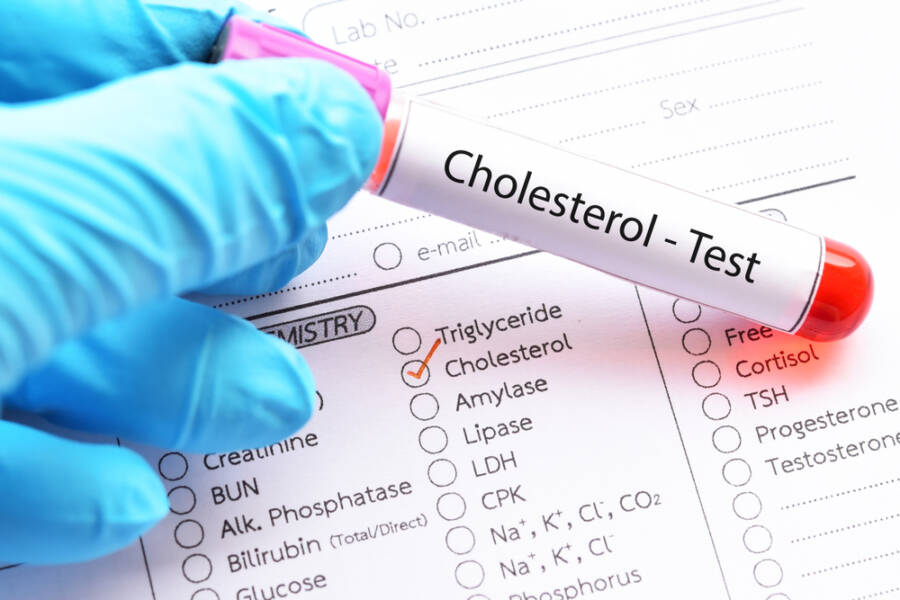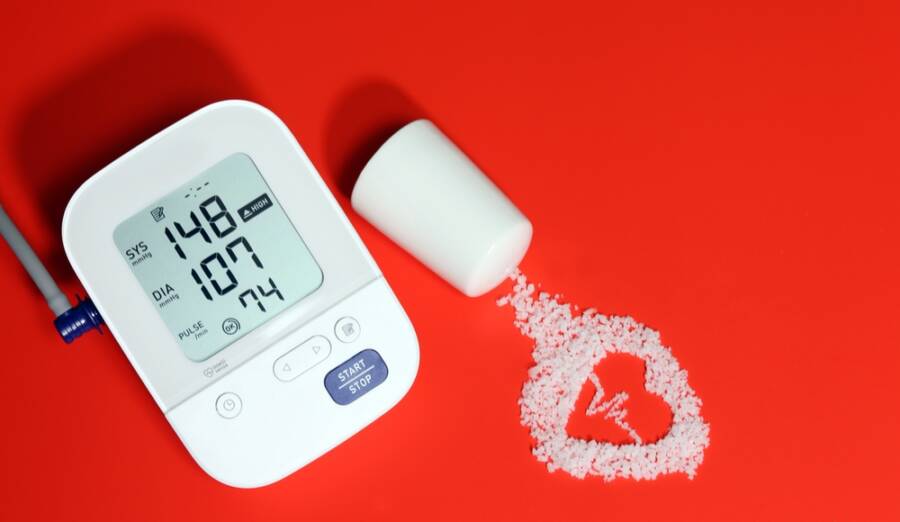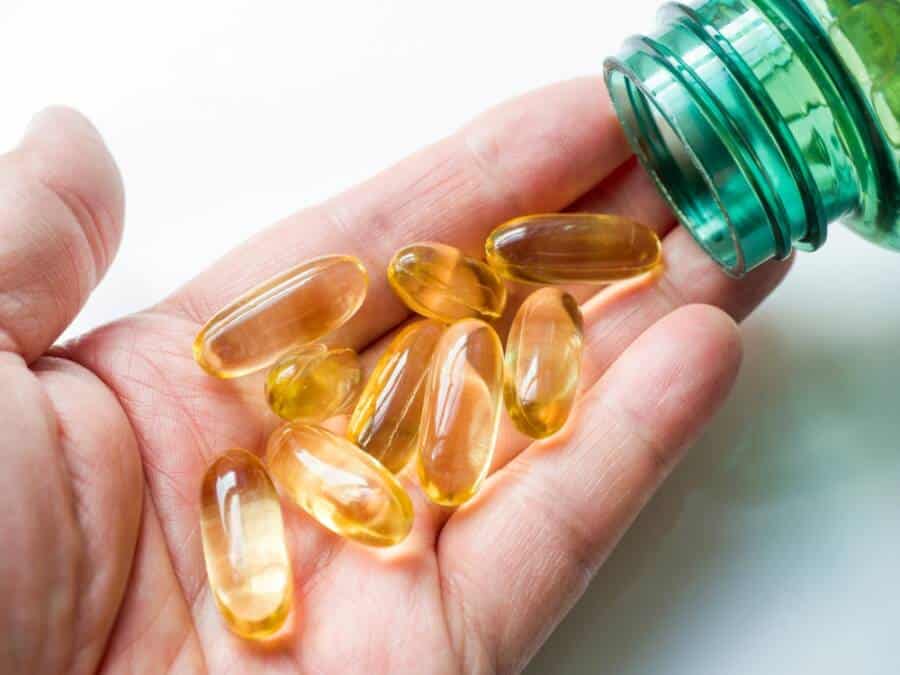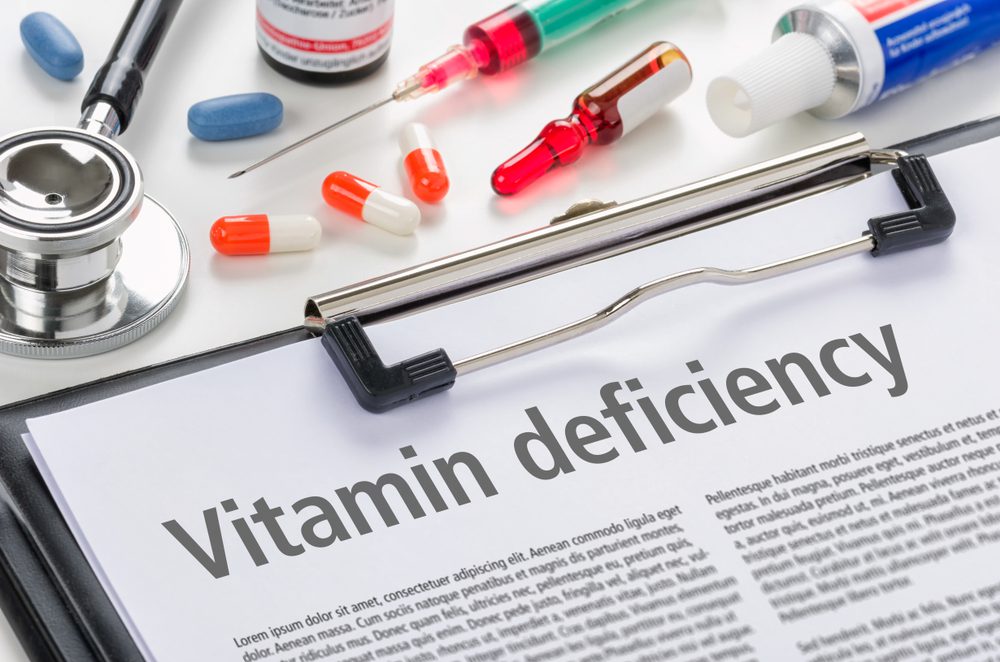The Food-First Approach: Replenishing Your Body Naturally
Before ever reaching for a supplement bottle, the most powerful tool you have is your fork! A vibrant, nutrient-dense diet is your first line of defense and support. Focusing on whole foods can help replenish what your medication might be taking away. For reliable nutrition information, excellent resources include the U.S. Department of Agriculture (USDA) and the Academy of Nutrition and Dietetics.
For Vitamin B12
Vitamin B12 is found almost exclusively in animal products. To boost your intake, focus on lean meats like chicken and turkey, and make room on your plate for fish, especially fatty fish like salmon and tuna. Eggs and dairy products like milk, yogurt, and cheese are also excellent sources. For those who eat a more plant-based diet, look for foods fortified with B12, such as breakfast cereals, nutritional yeast, and plant-based milks.
For Magnesium
Think green and grainy to get more magnesium. Dark leafy greens like spinach and Swiss chard are packed with it. Nuts and seeds, particularly almonds, cashews, and pumpkin seeds, are fantastic sources. Legumes like black beans and edamame, as well as whole grains like oatmeal and brown rice, will also help you meet your needs. And for a treat, dark chocolate is surprisingly rich in this vital mineral!
For Coenzyme Q10
While it’s difficult to get therapeutic amounts of CoQ10 from diet alone, you can certainly support your body’s levels. The highest concentrations are found in organ meats like beef liver and heart. Fatty fish, including salmon, herring, and mackerel, are also good sources. You can also find smaller amounts in beef, chicken, spinach, broccoli, and oranges.
For Potassium
Forget just bananas! While they are a good source, many other foods are even richer in potassium. Sweet potatoes and white potatoes (with the skin on) are superstars. Other excellent sources include avocados, spinach, beans (especially white and kidney beans), lentils, and dried fruits like apricots. Tomato paste and coconut water are also surprisingly high in potassium.
For Calcium and Vitamin D
For bone health, these two work as a team. Find calcium in dairy products, fortified orange juice, and plant milks. Canned sardines and salmon (with the bones) are amazing sources. For Vitamin D, your best bet is sun exposure, but you can also get it from fatty fish, egg yolks, and fortified foods like milk and cereal. Your doctor can help you determine if you’re getting enough from diet and sun alone.




















